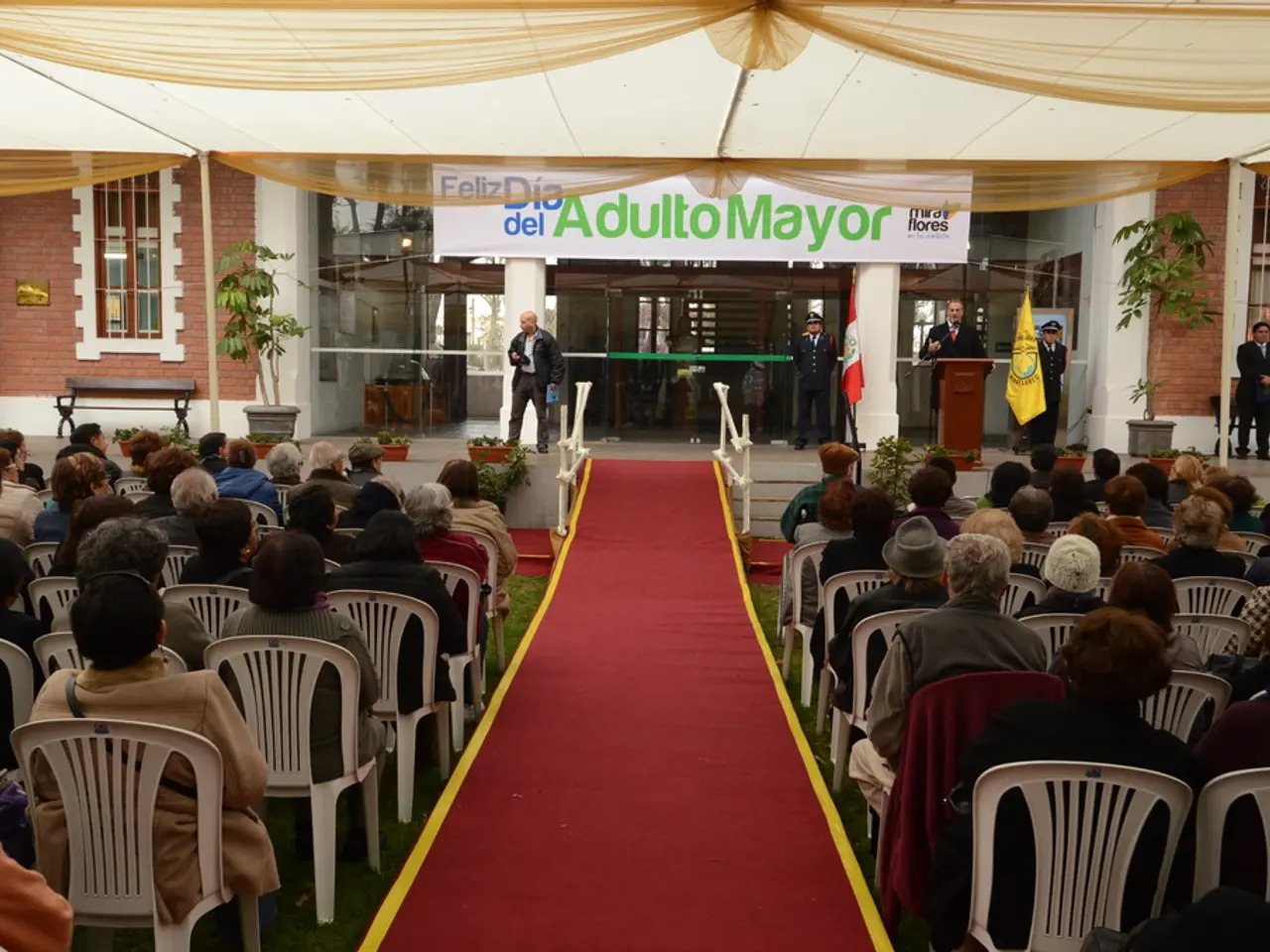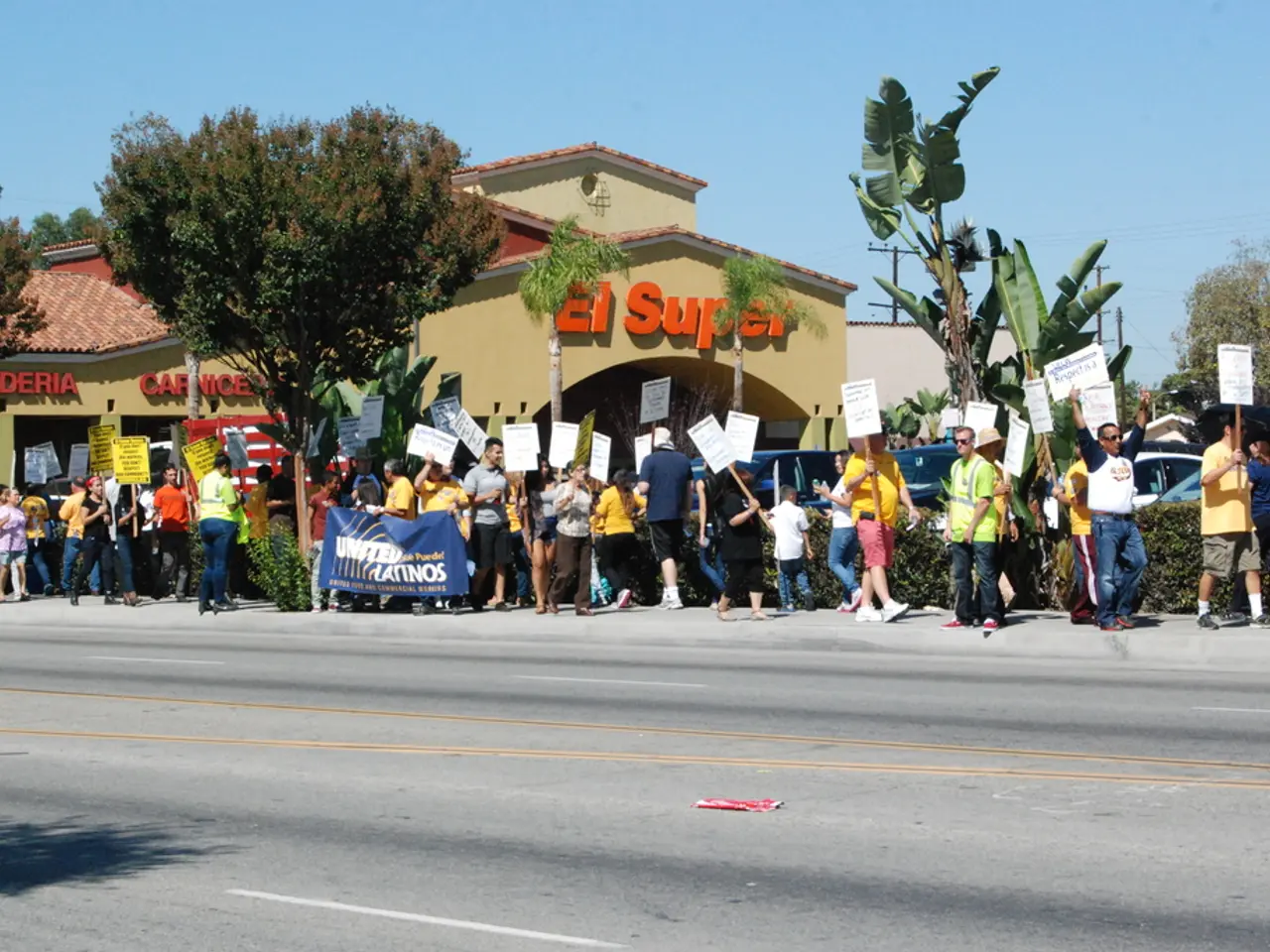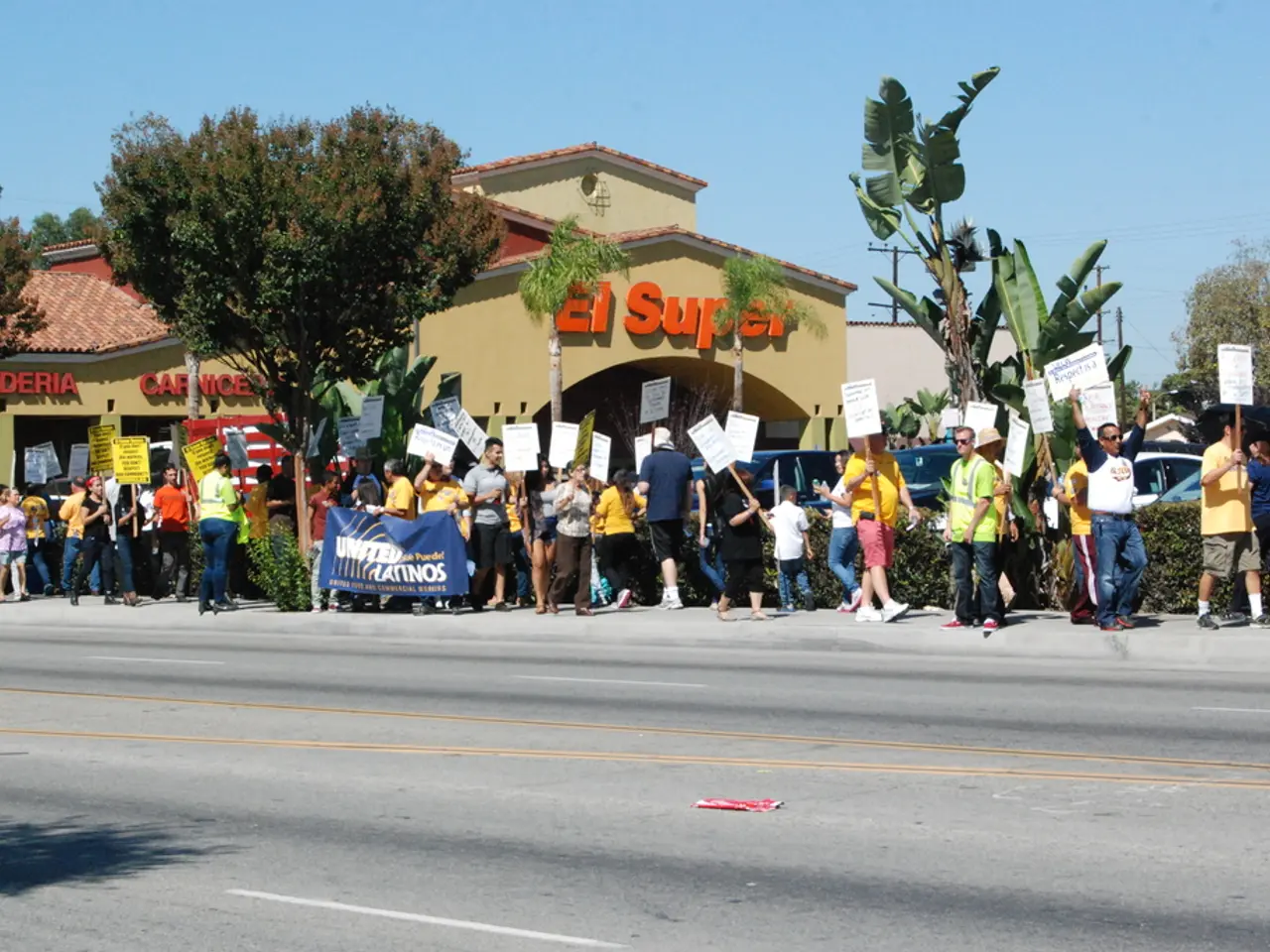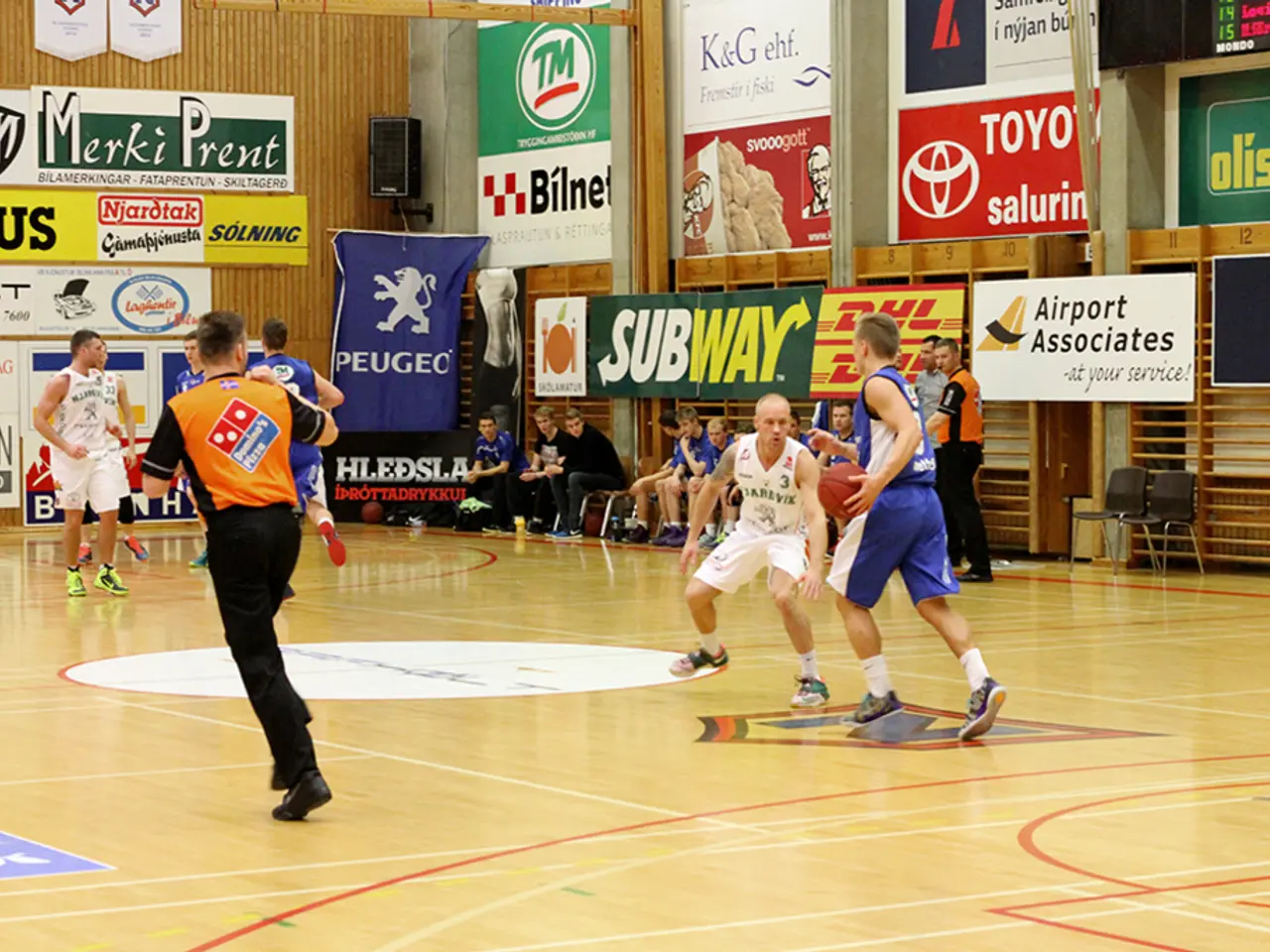Altered municipal election method in Amur region
The city of Blagoveshchensk, the administrative capital of the Amur Region, has witnessed a shift in its mayor election process. Under a new procedure, governors now hold significant influence over the nomination of candidates for the Mayor post in administrative centers.
The federal law that came into force on June 19th grants governors the power to nominate candidates for the Mayor's post. Each entity, including parties represented in the State Duma and regional legislature, local council of municipalities, regional public chamber, and the All-Russian Association for the Development of Local Self-Government (VARMSU) in the Amur Region, can submit no more than three candidates who meet the law's requirements and are willing to take the Mayor's post.
The deadline for receiving applications has passed, and the number of applications received is less than the maximum number that could be submitted by each entity. Three applications were received for the mayoral elections in Blagoveshchensk.
The special commission will now study the candidates for a month. After the collection period, they will scrutinise the candidates for another month. If the candidates meet the requirements, they will be passed on to the governor, following the process outlined earlier.
Once the governor selects at least two candidates, they will be submitted to the city council within five days, as previously stated. The selection process reflects a broader Kremlin municipal reform trend aimed at consolidating power vertically from the federal center through governors to local administrations.
This change in procedure highlights the increased role of governors and political parties in the mayoral election process. Governors in regions like Amur have gained the authority to exert greater influence over the appointment or election of mayors. Political parties loyal to the Kremlin, primarily United Russia, increasingly control candidate nominations, limiting competition and ensuring mayors are selected from trusted political circles.
The new election procedure for Blagoveshchensk's Mayor election likely means a reduction in direct electoral competition and greater administrative oversight to ensure "desired" outcomes. This shift aligns with ongoing efforts to control local governments tightly ahead of major electoral cycles, such as the 2026 State Duma elections.
Notable candidates nominated by various entities include entrepreneur Sergei Turukin from the "New People" party, Andrei Andreyev, the head of a communal company, nominated by the Pensioners' Party, and incumbent mayor Oleg Imameev, proposed by VARMSU.
The election of the Mayor of Blagoveshchensk under this new procedure underscores the ongoing centralization and increased control by governors and parties aligned with the Kremlin in regional capitals' mayor selections, including the Amur Region.
The new policy-and-legislation loosely based on the federal law grants governors the authority to nominate candidates for the Mayor's post, marking a significant shift in the mayor election process within regional politics and general news. As a result, political parties, such as United Russia, now play a crucial role in candidate nominations, limiting competition and ensuring mayors are selected from trusted political circles, which aligns with ongoing efforts to control local governments ahead of major electoral cycles.
Given the new election procedure, the number of candidates submitted for the mayoral elections in Blagoveshchensk is less than the maximum number that each entity could submit, and three notable candidates have been nominated, including entrepreneur Sergei Turukin, Andrei Andreyev from the Pensioners' Party, and incumbent mayor Oleg Imameev. The special commission's scrutiny of these candidates will highlight the increased role of governors and parties in the selection process for the Mayor of Blagoveshchensk.







